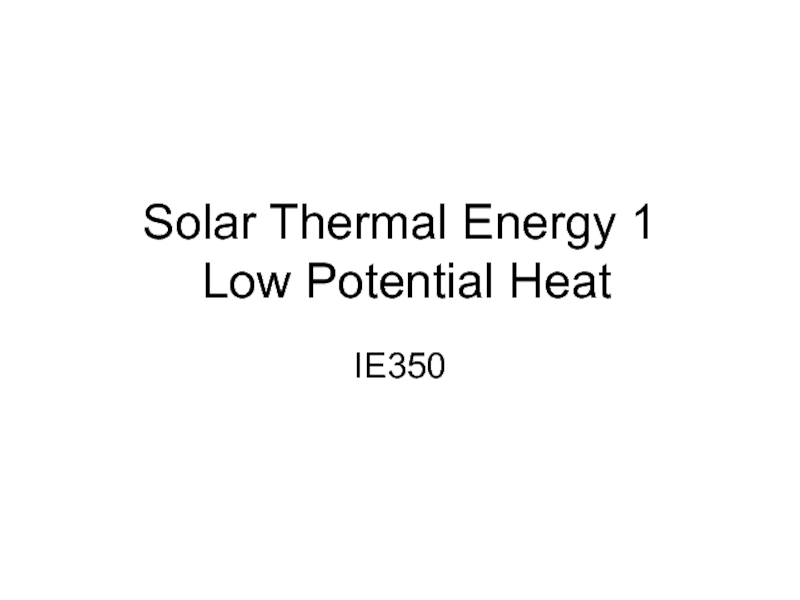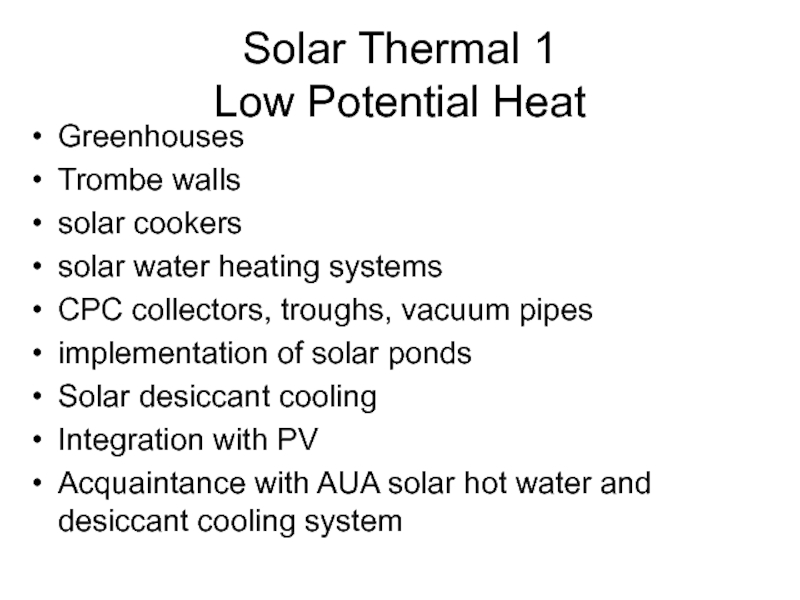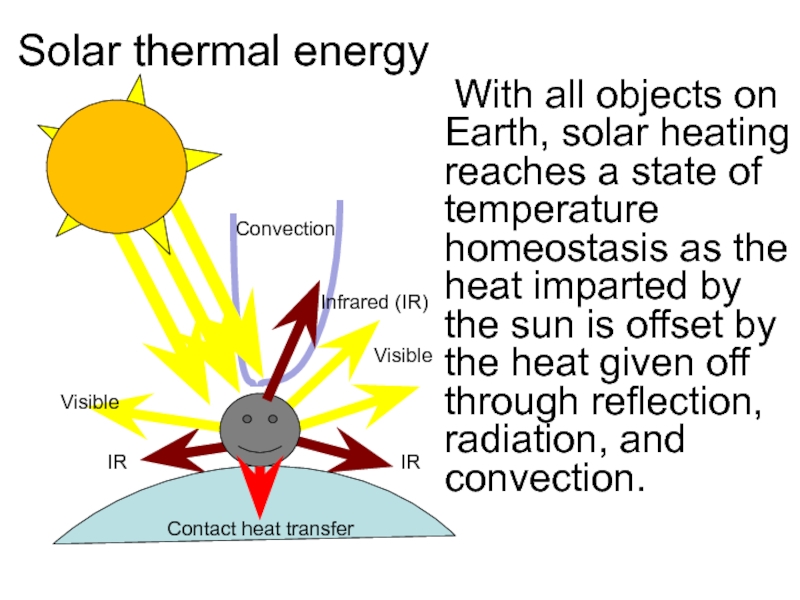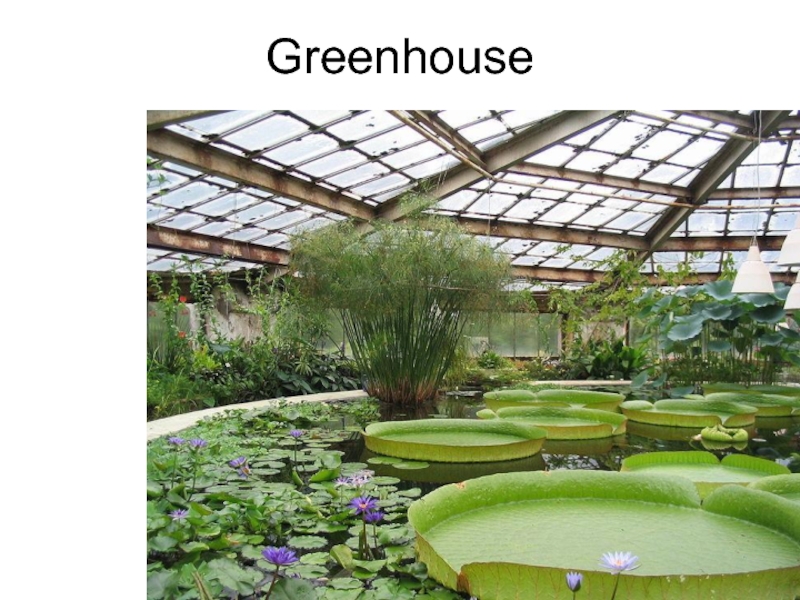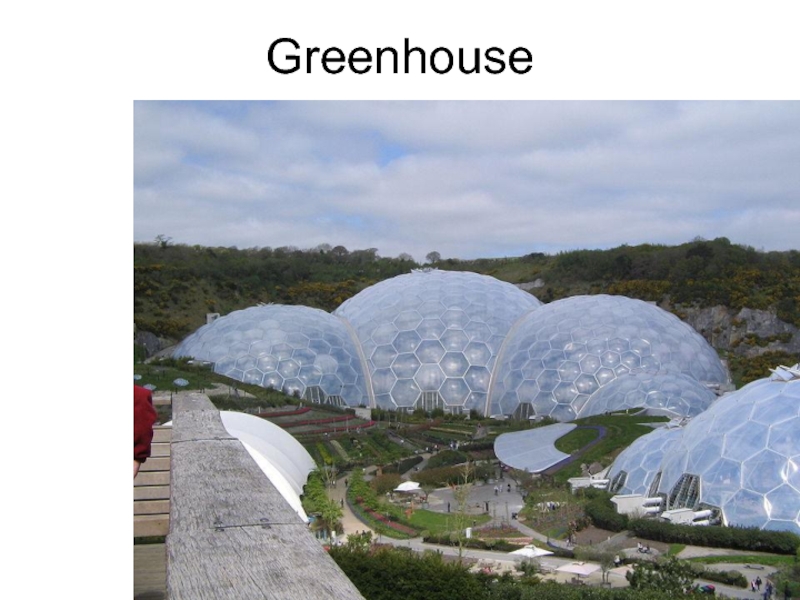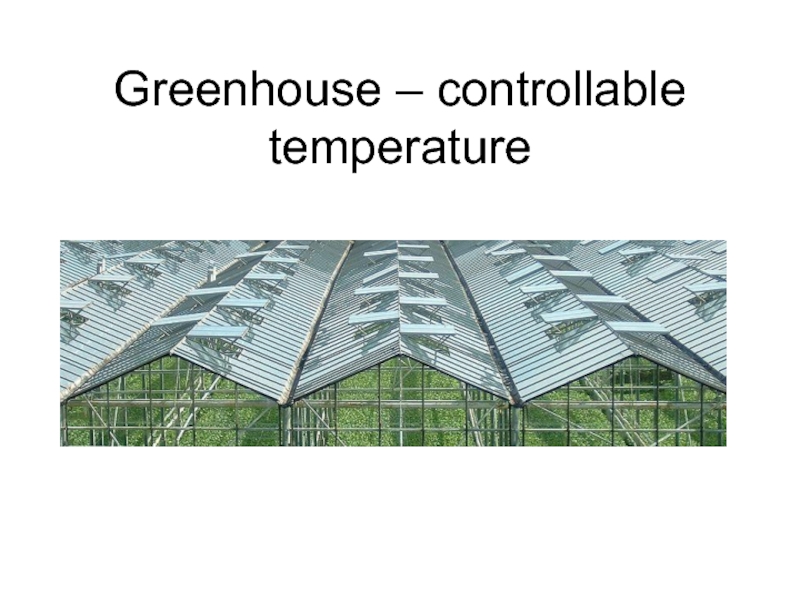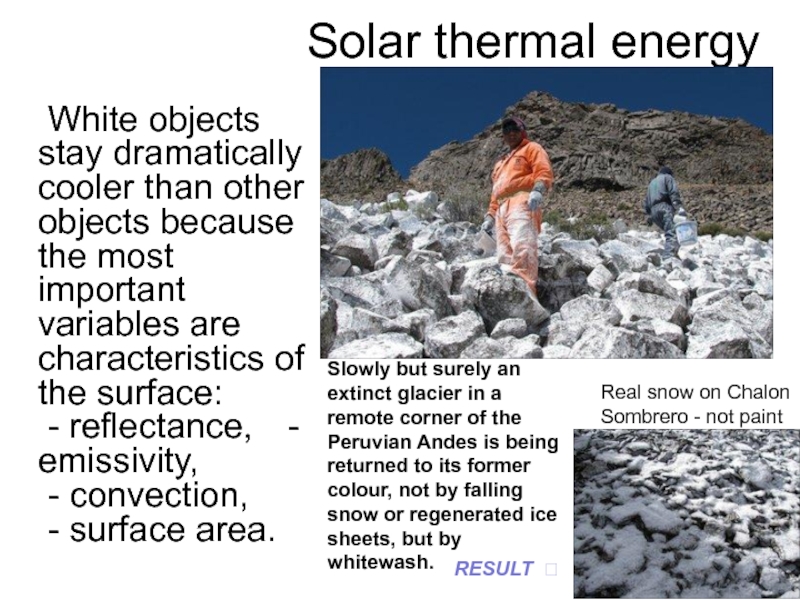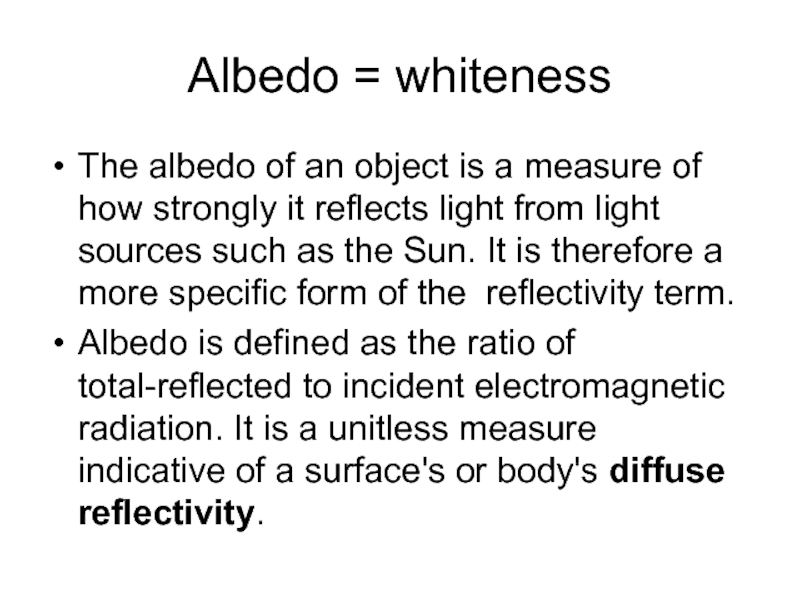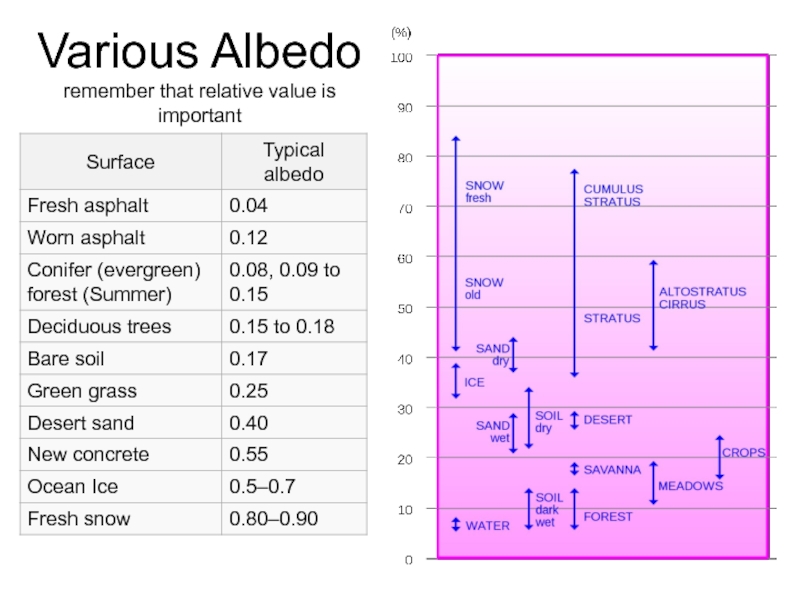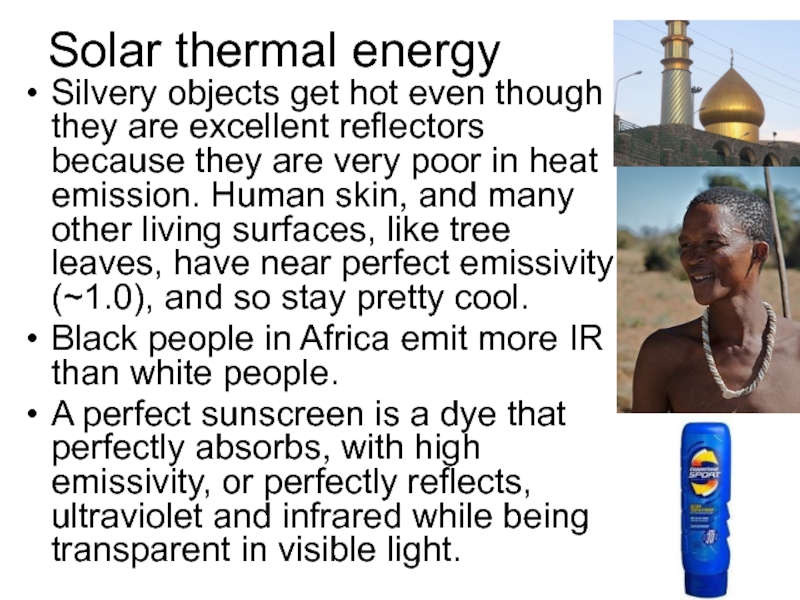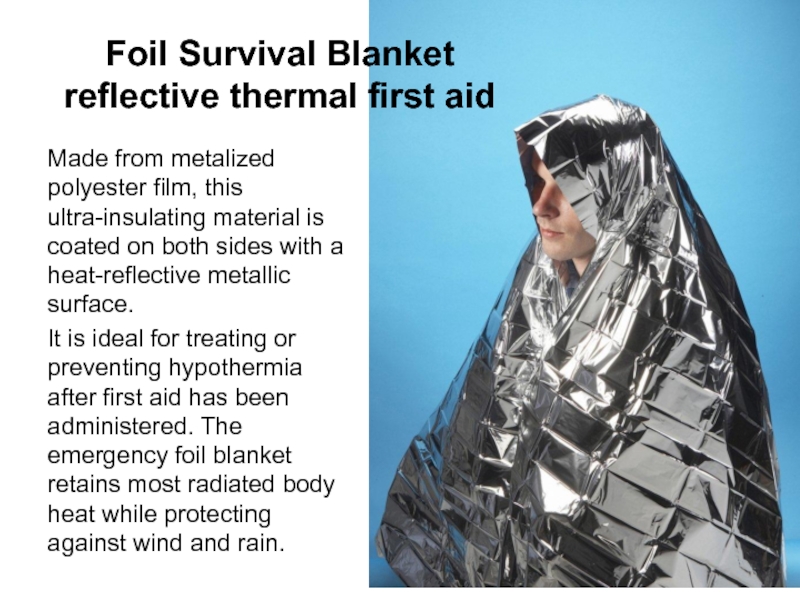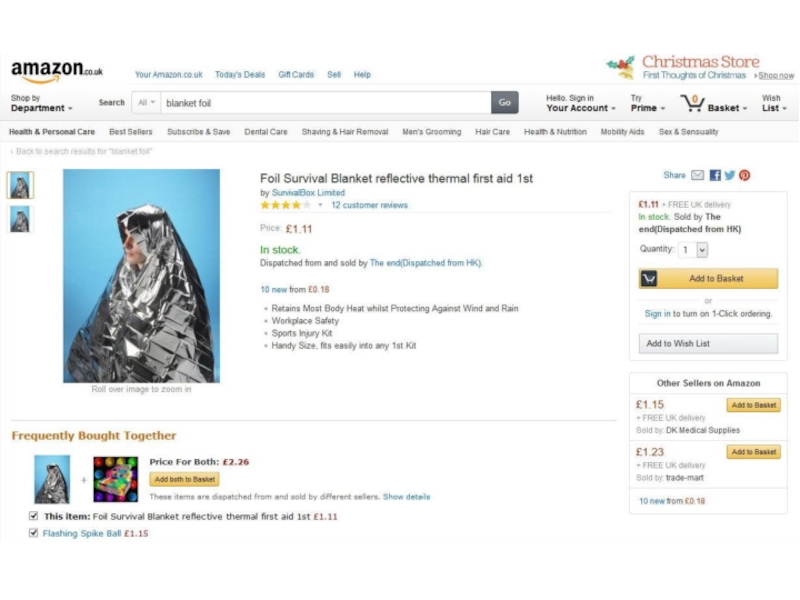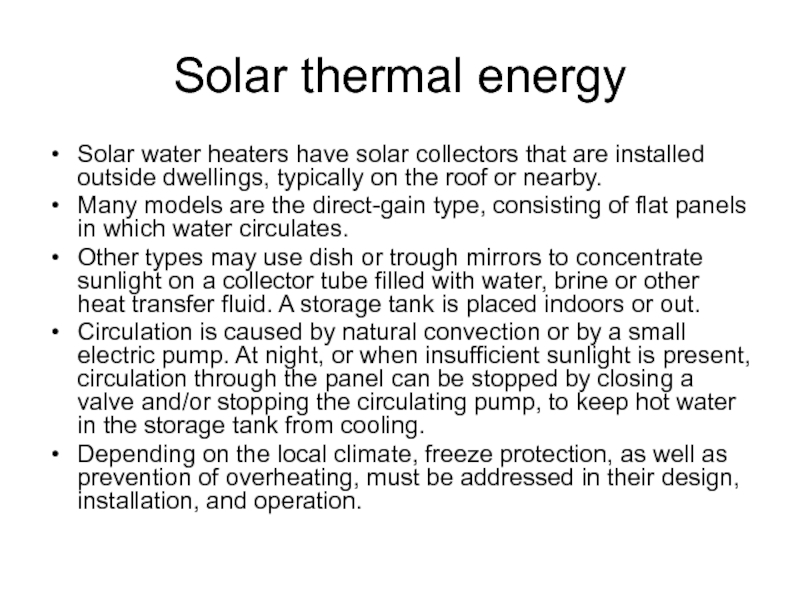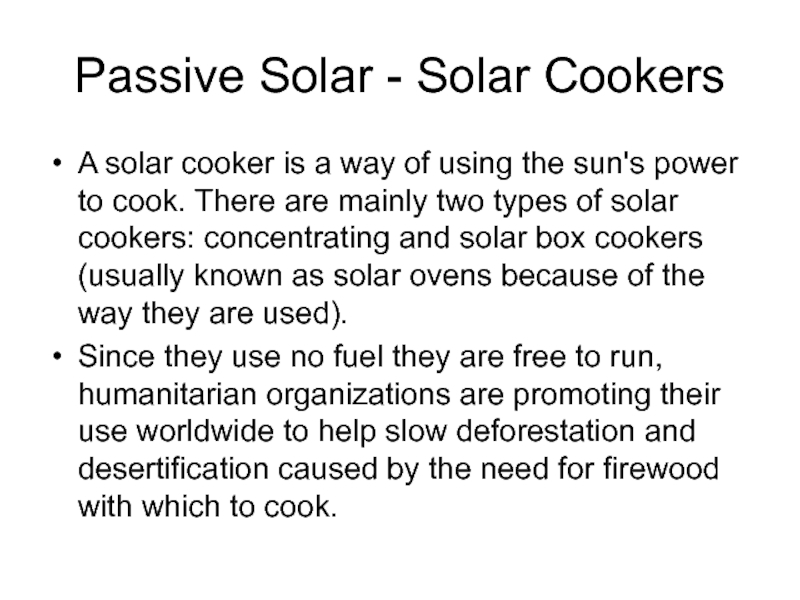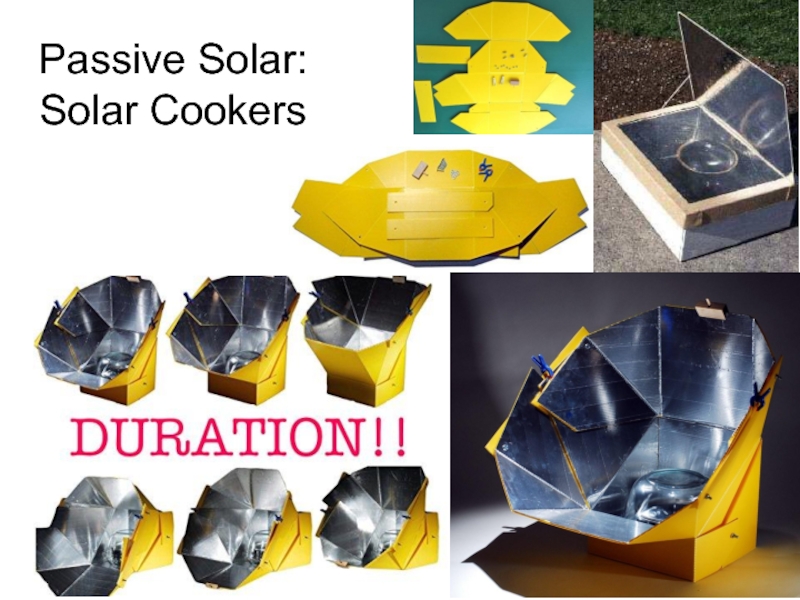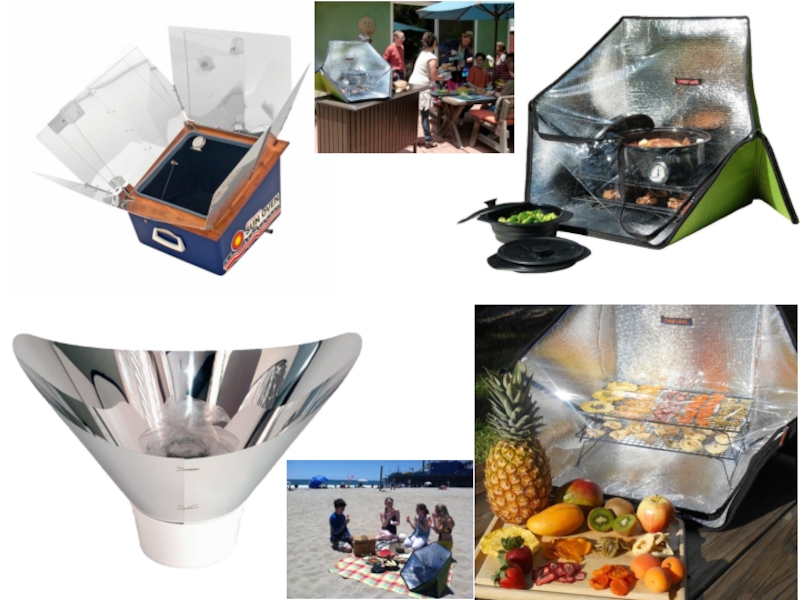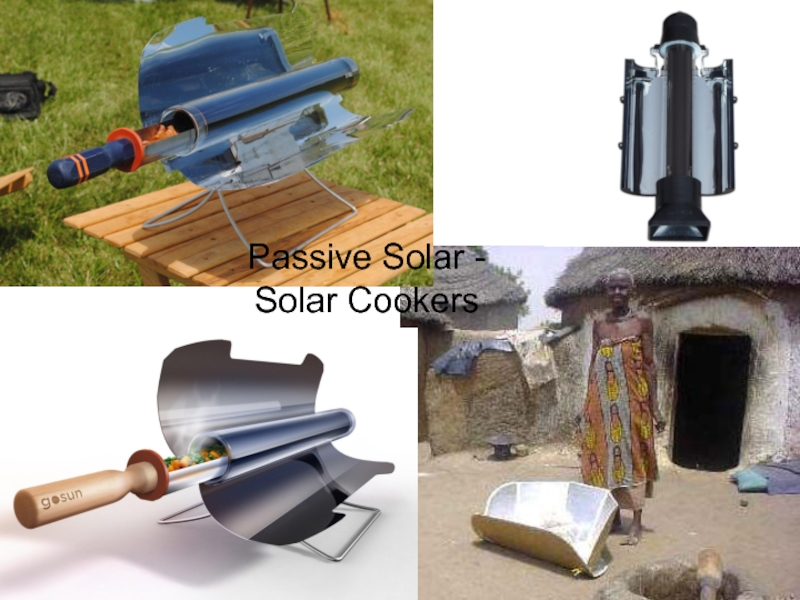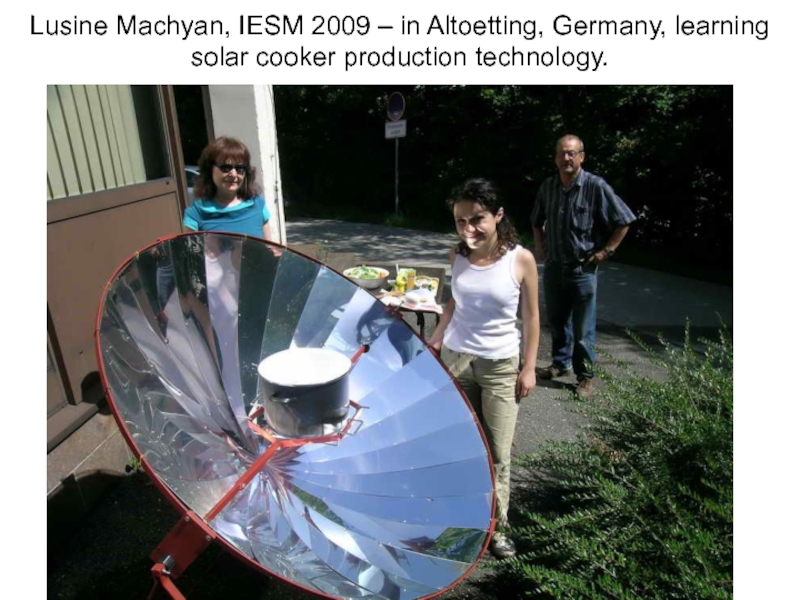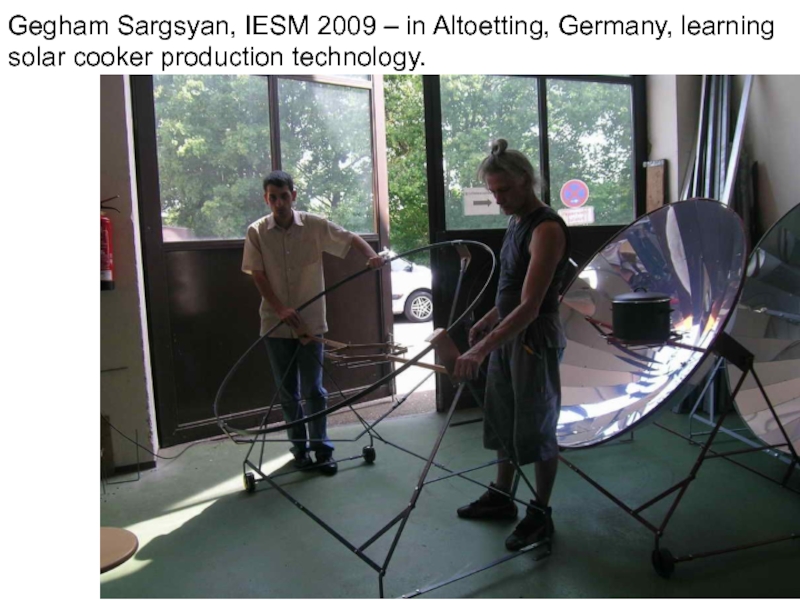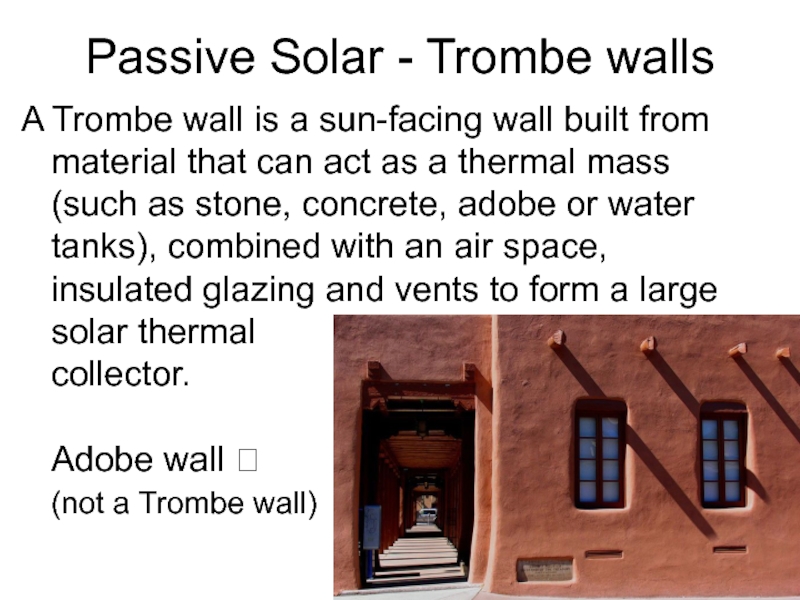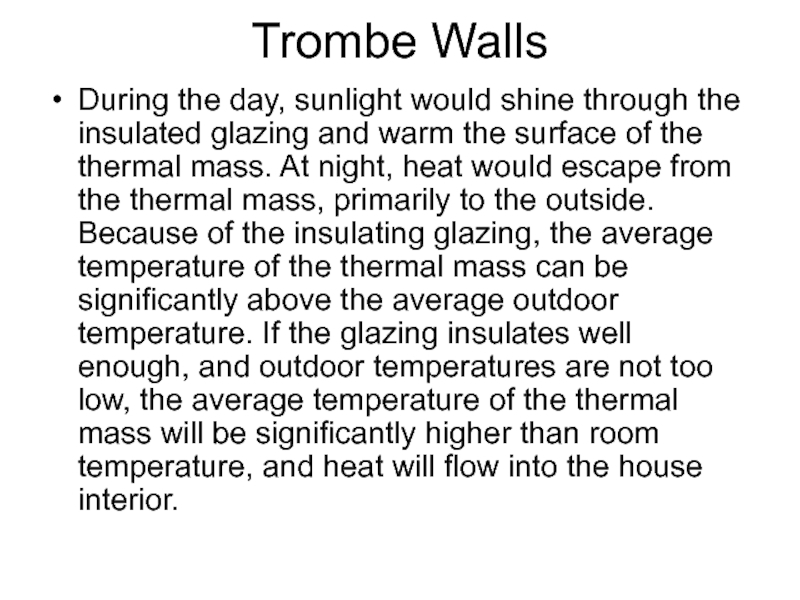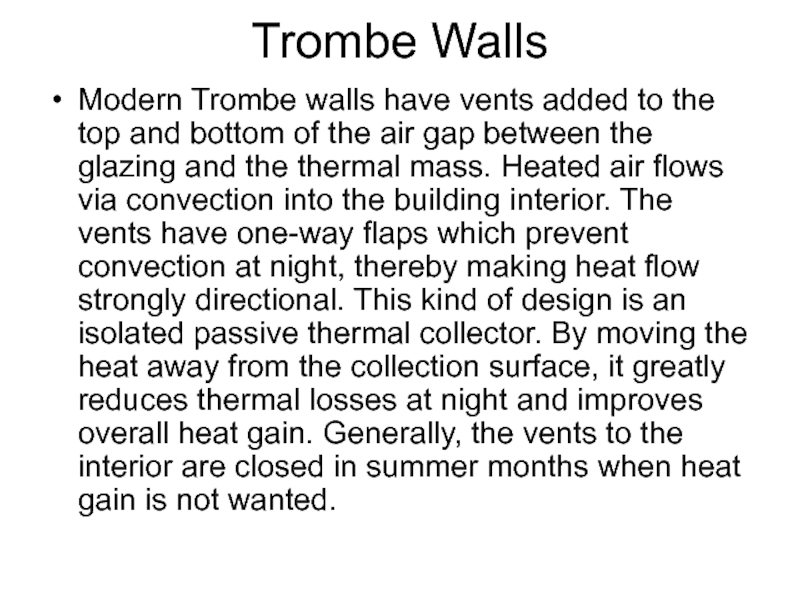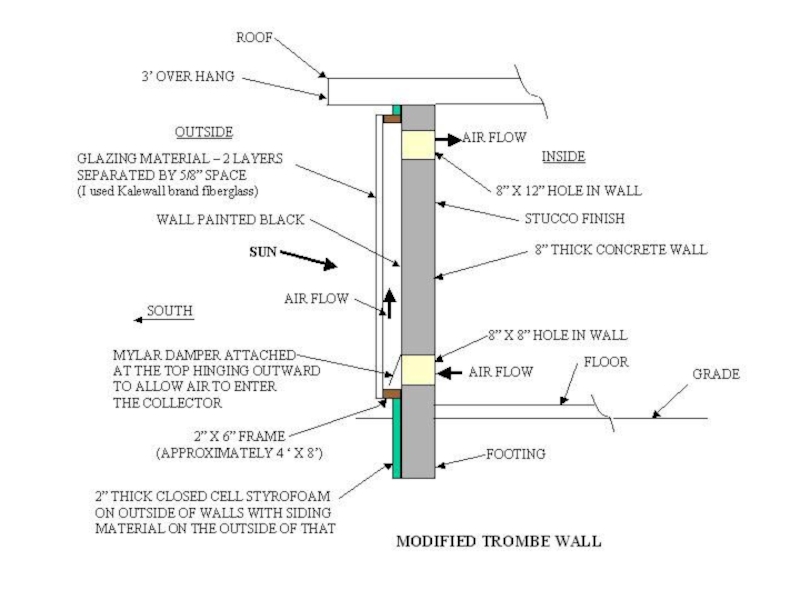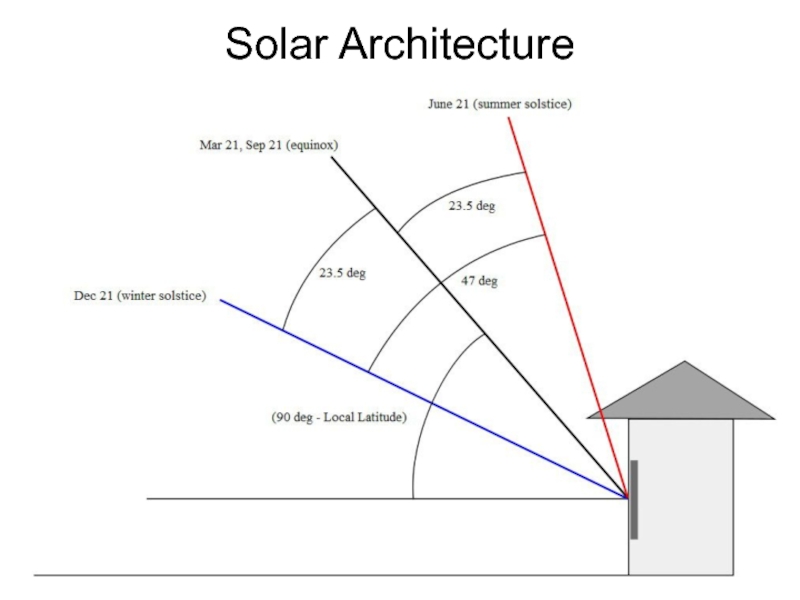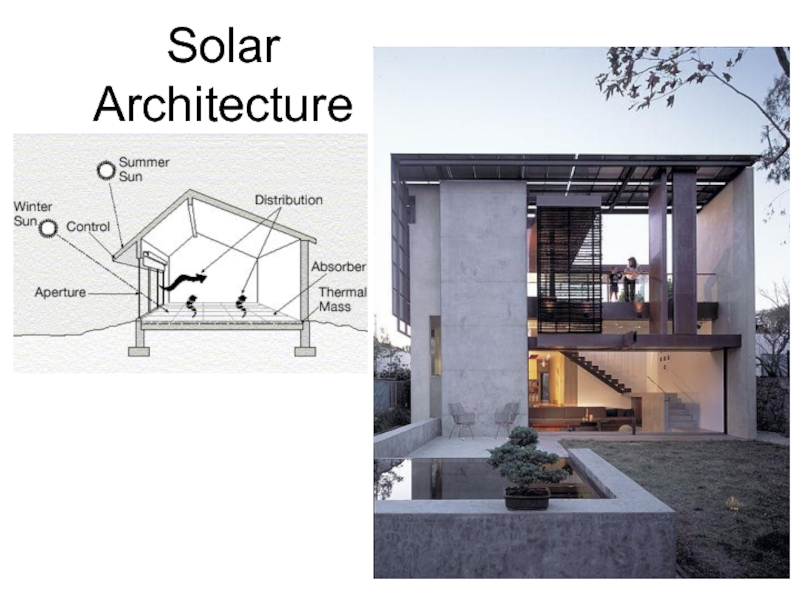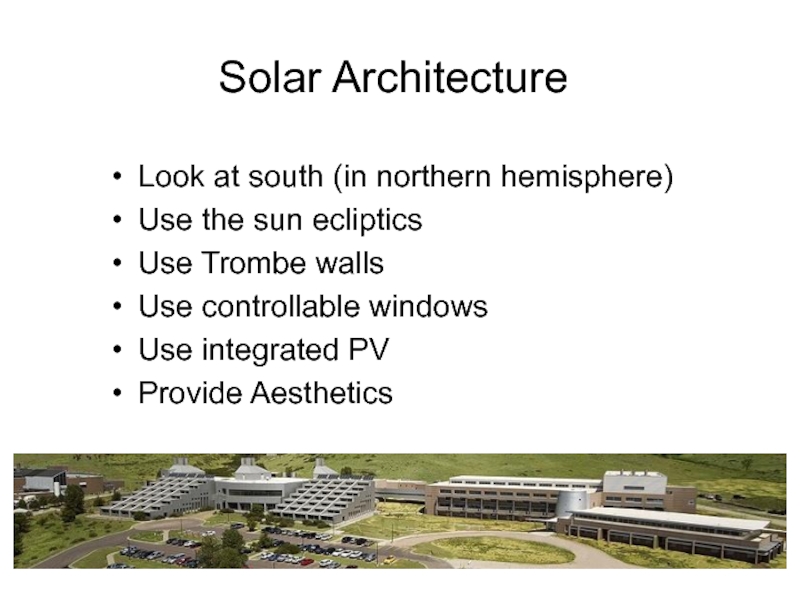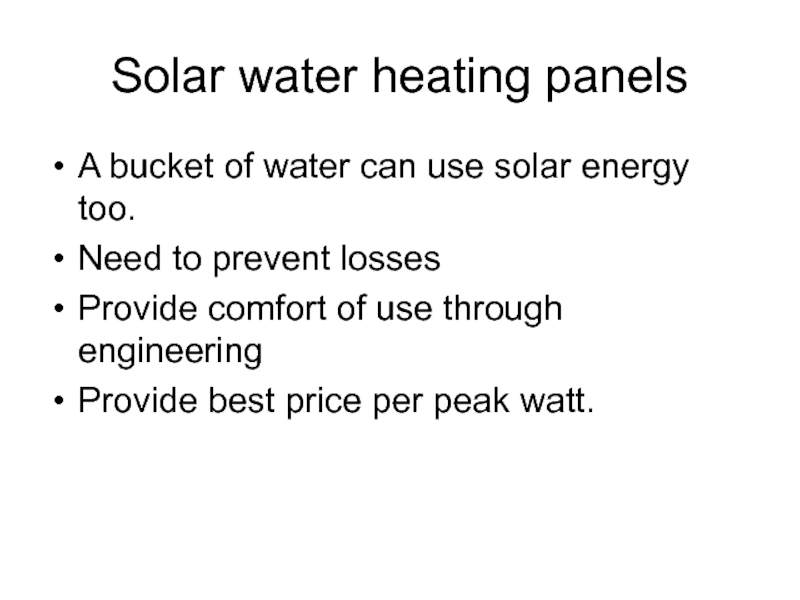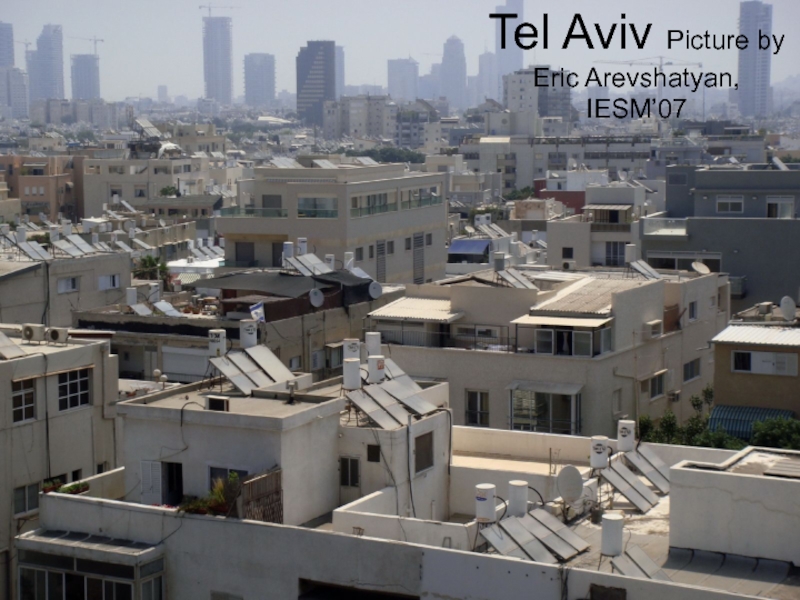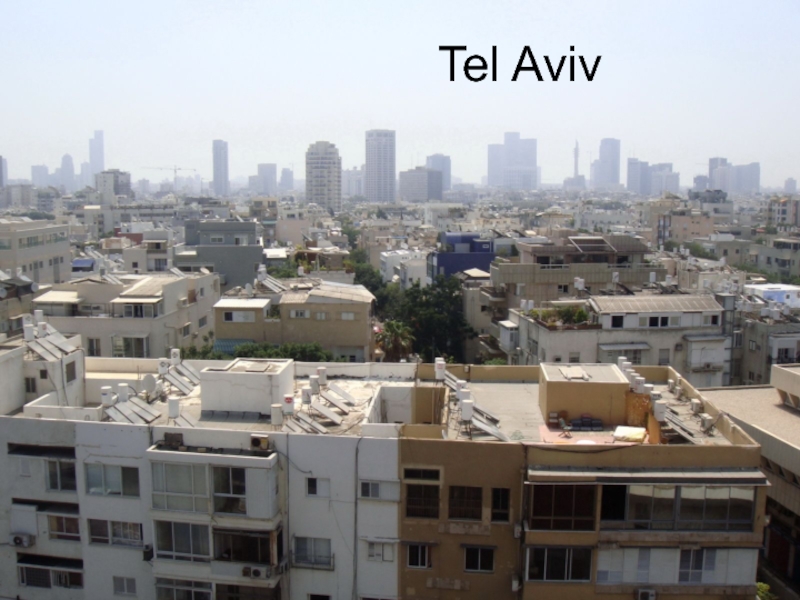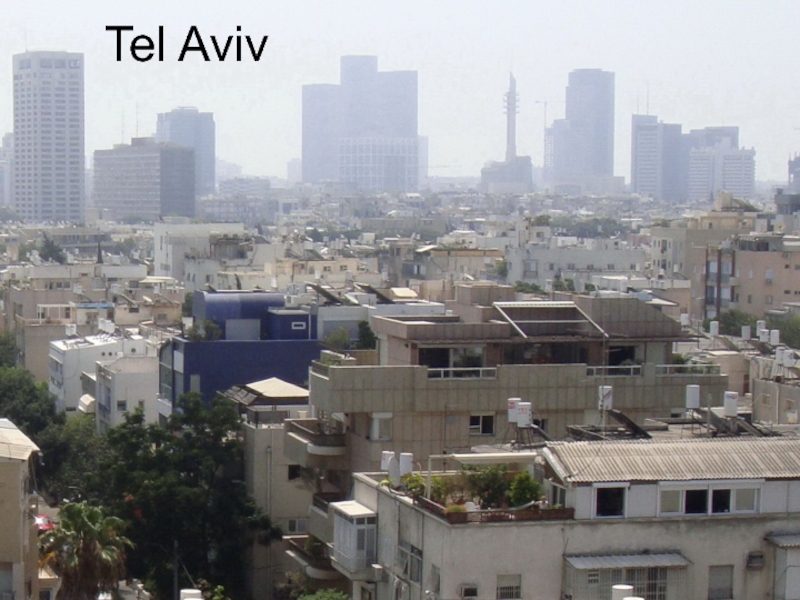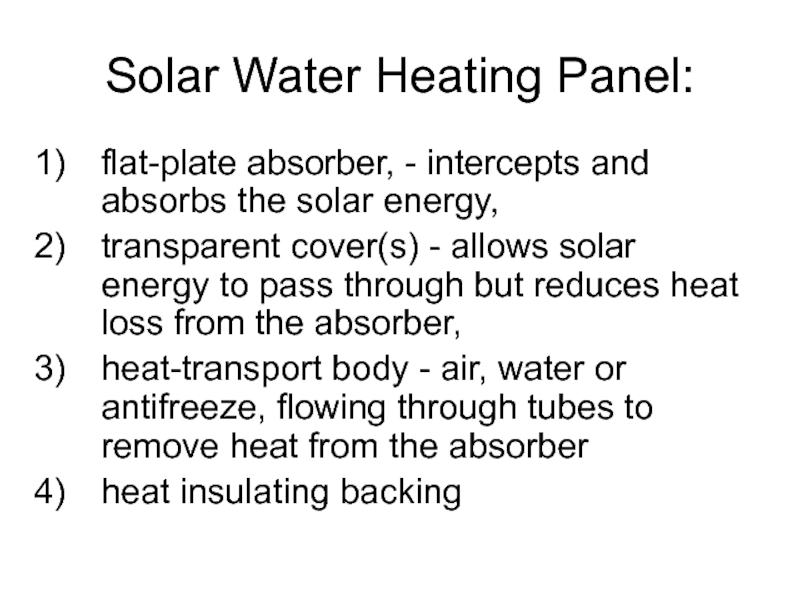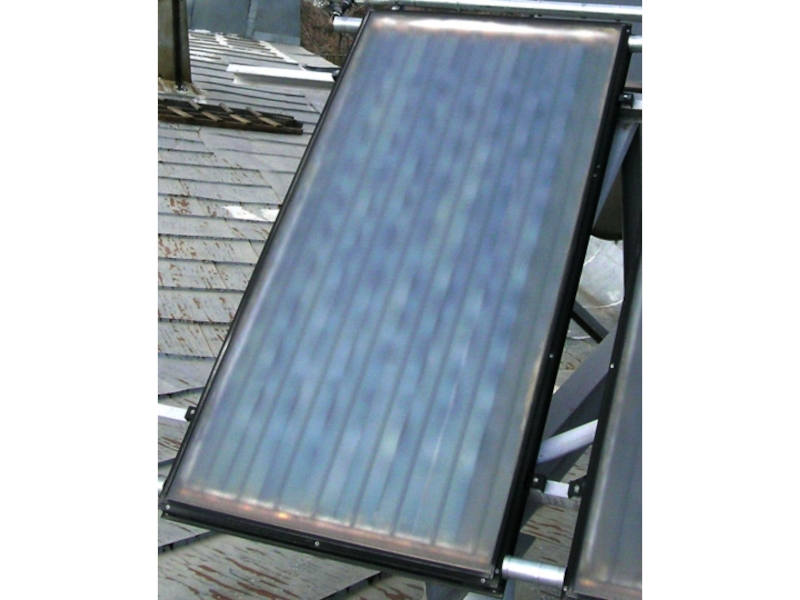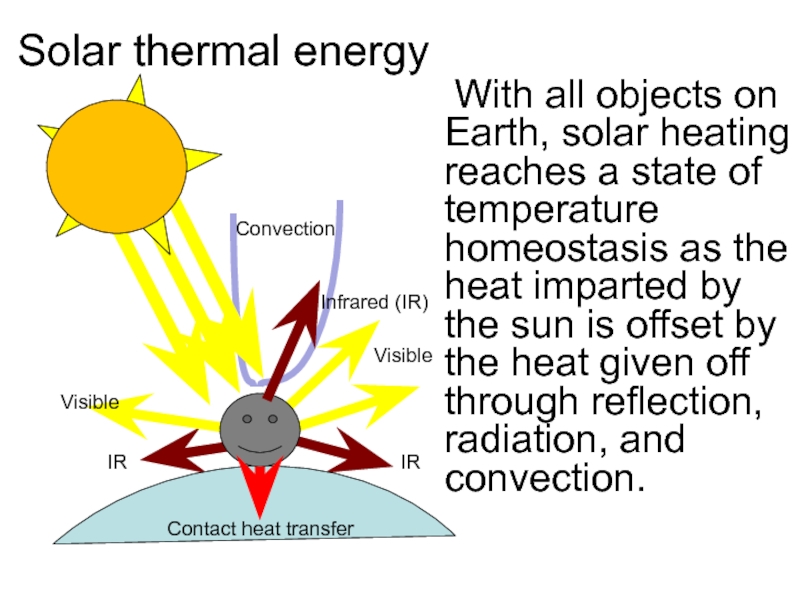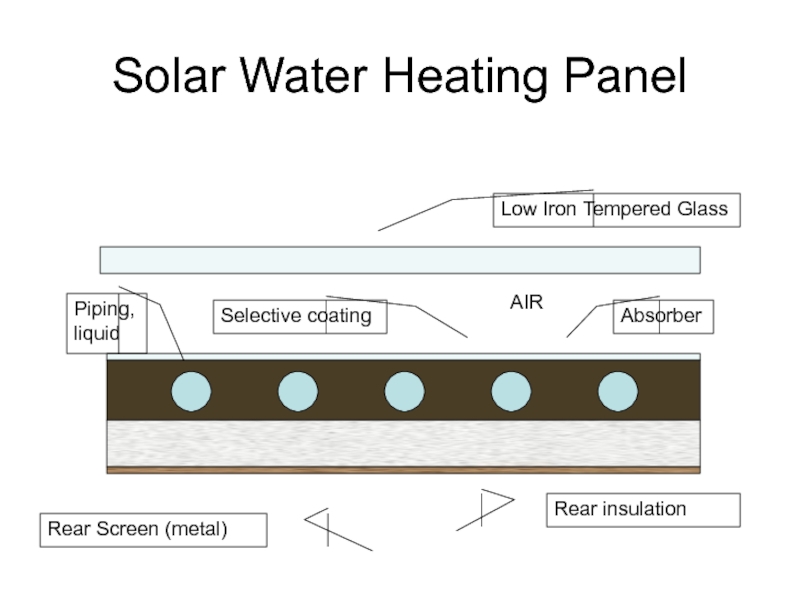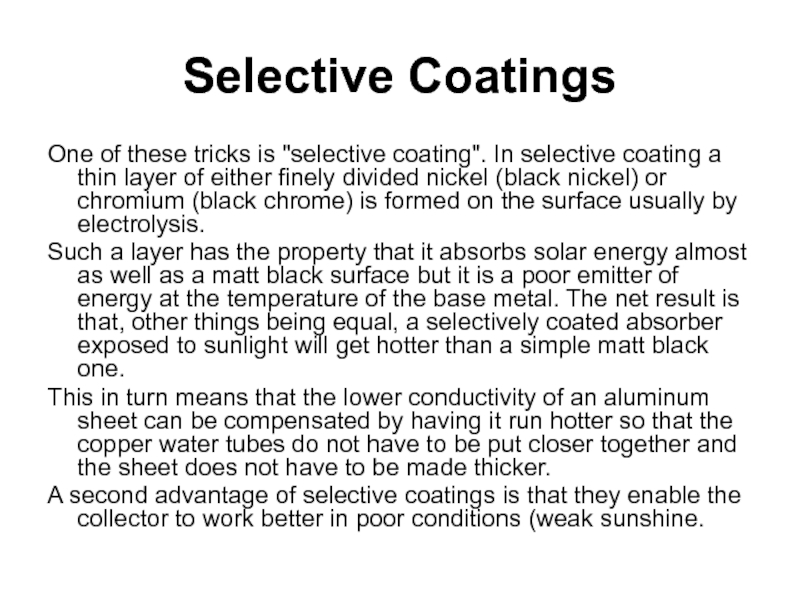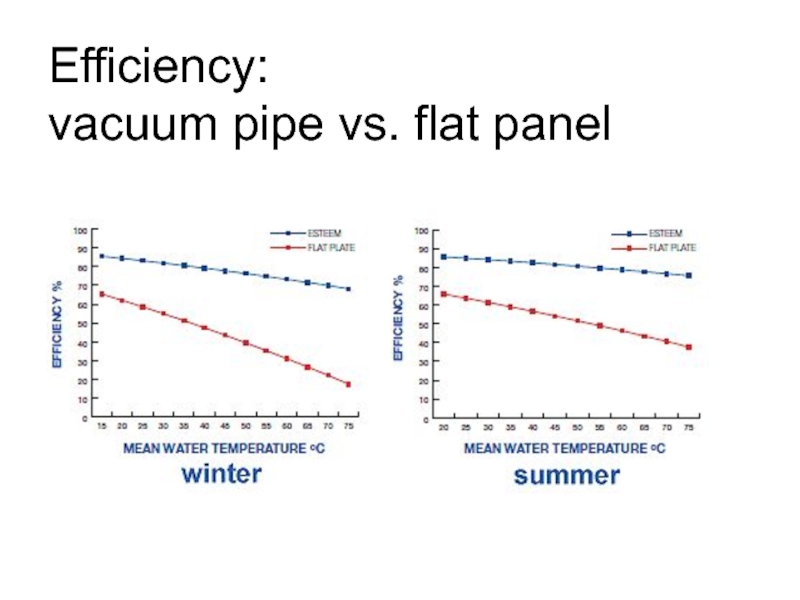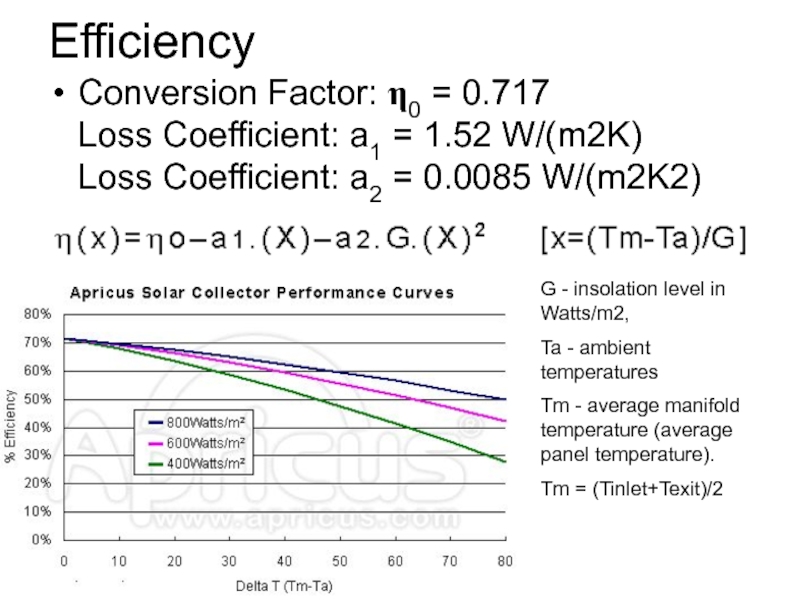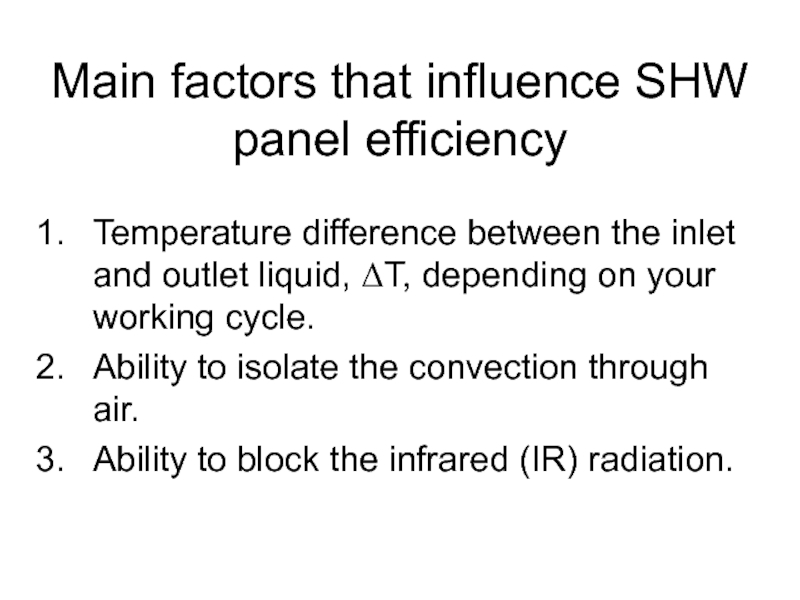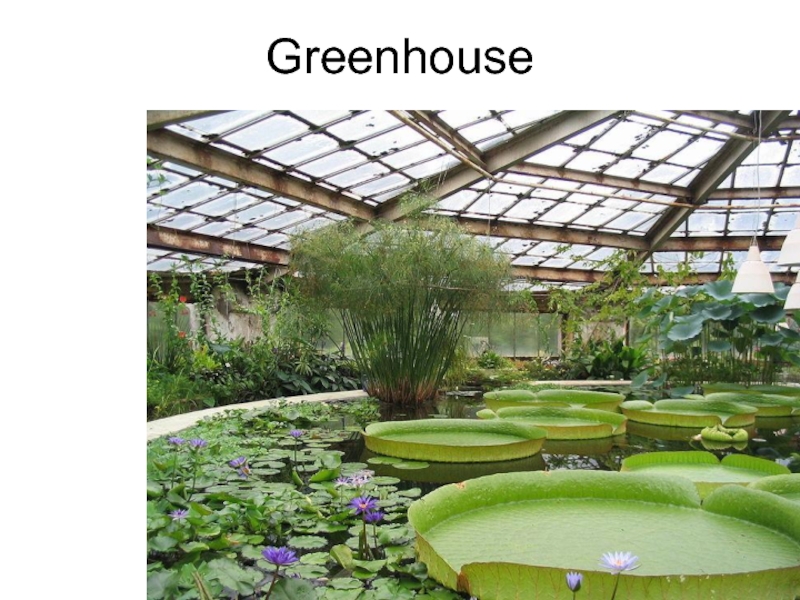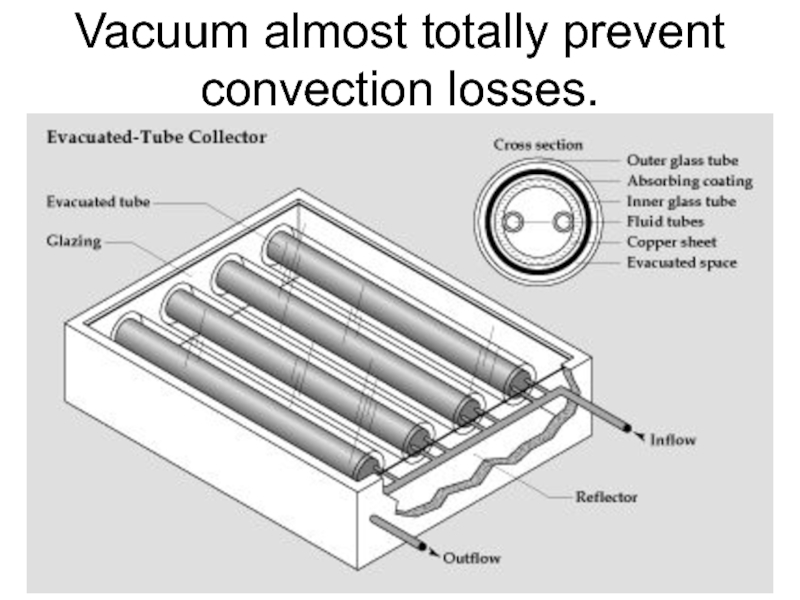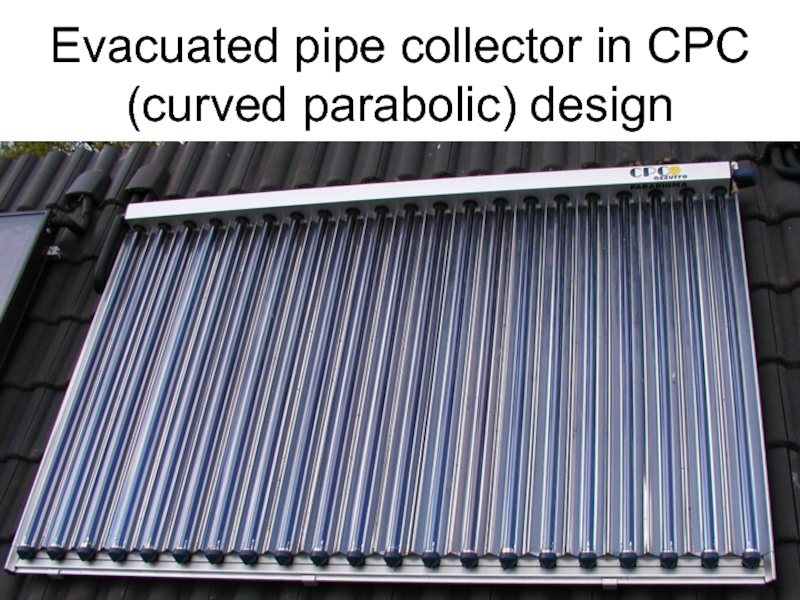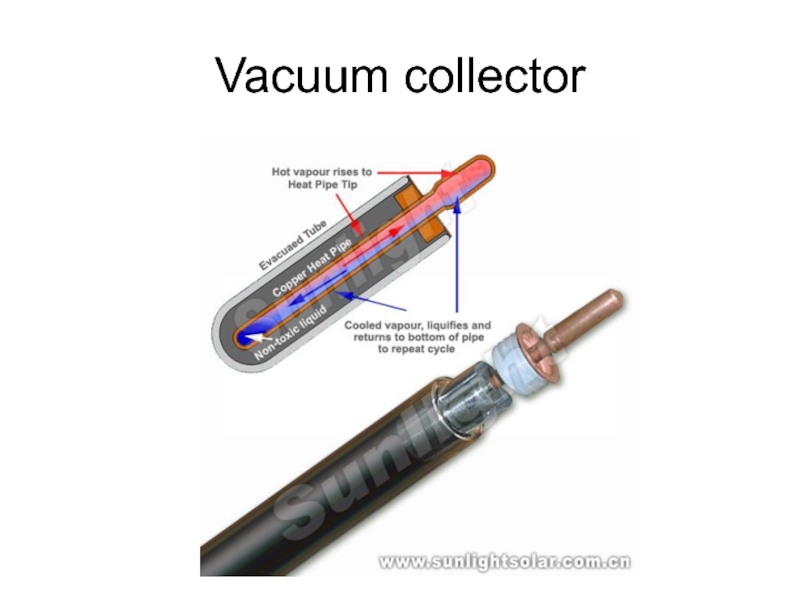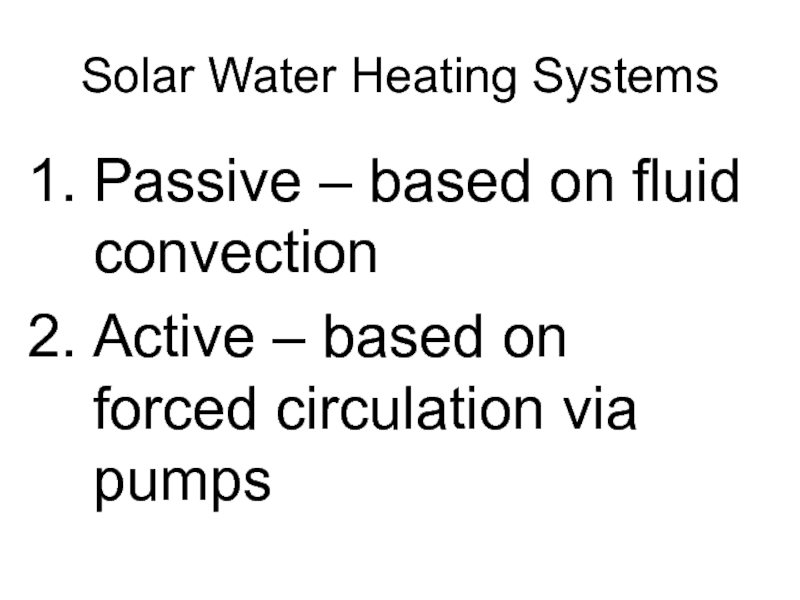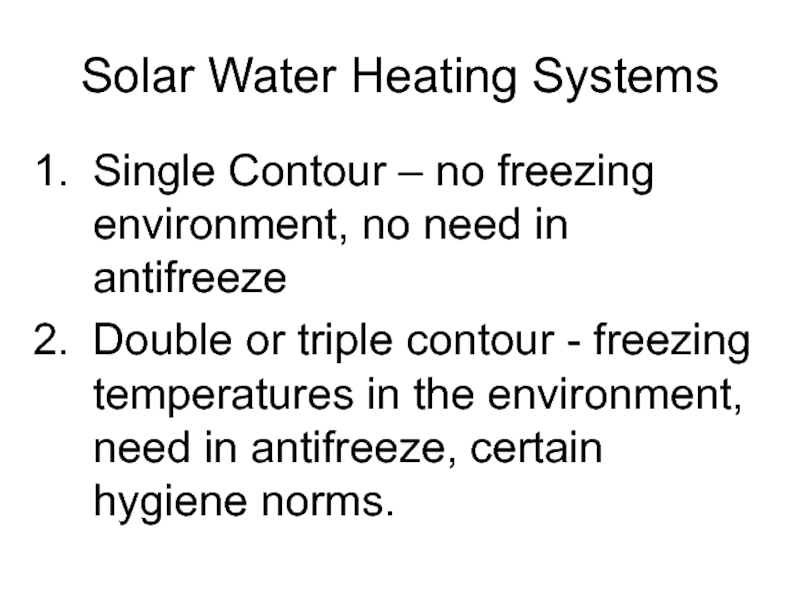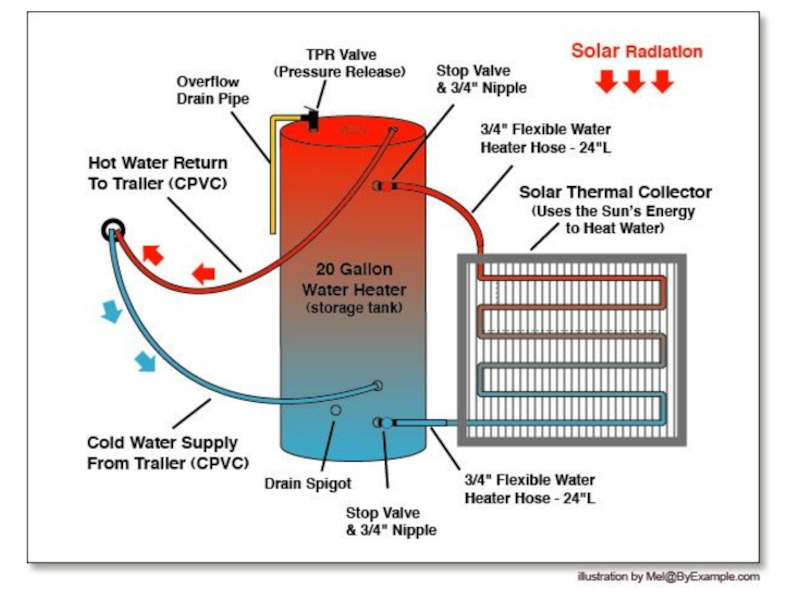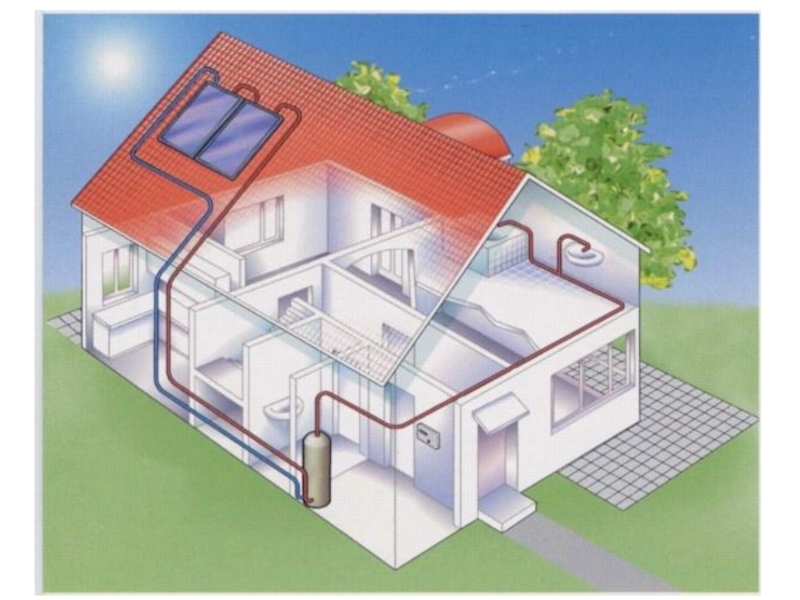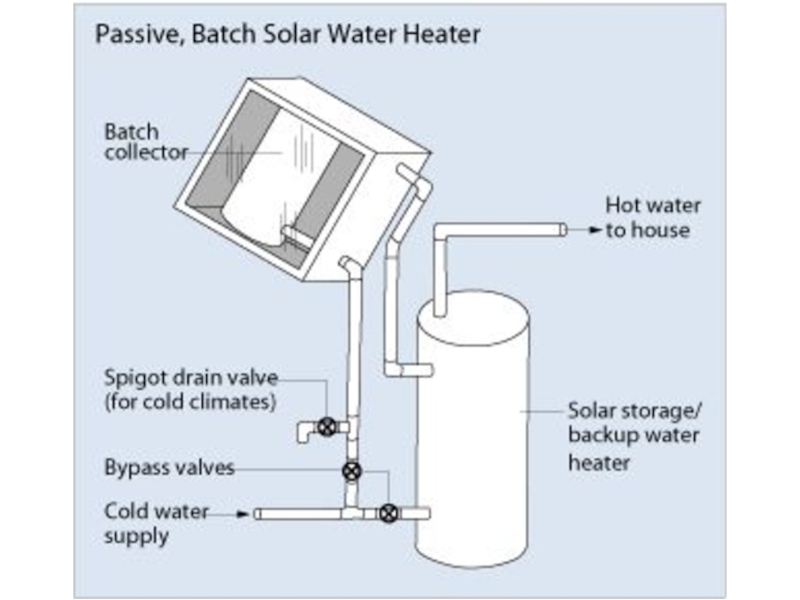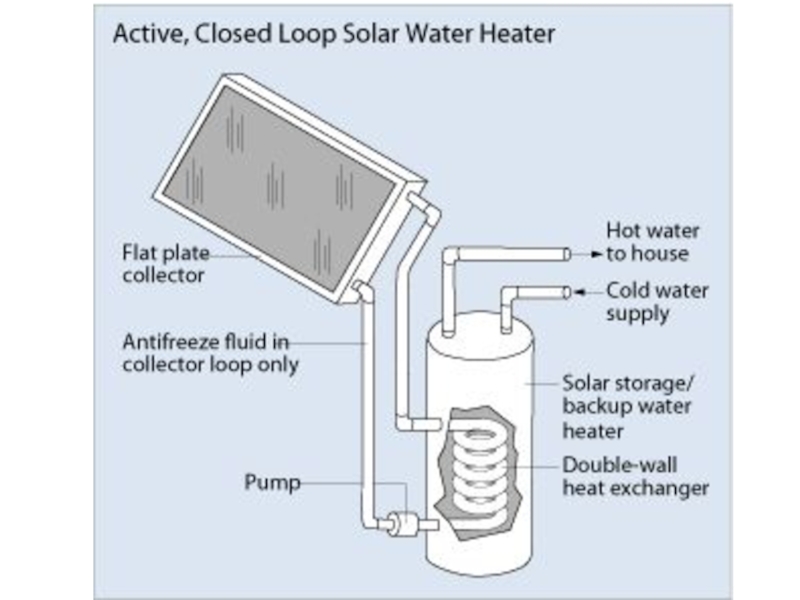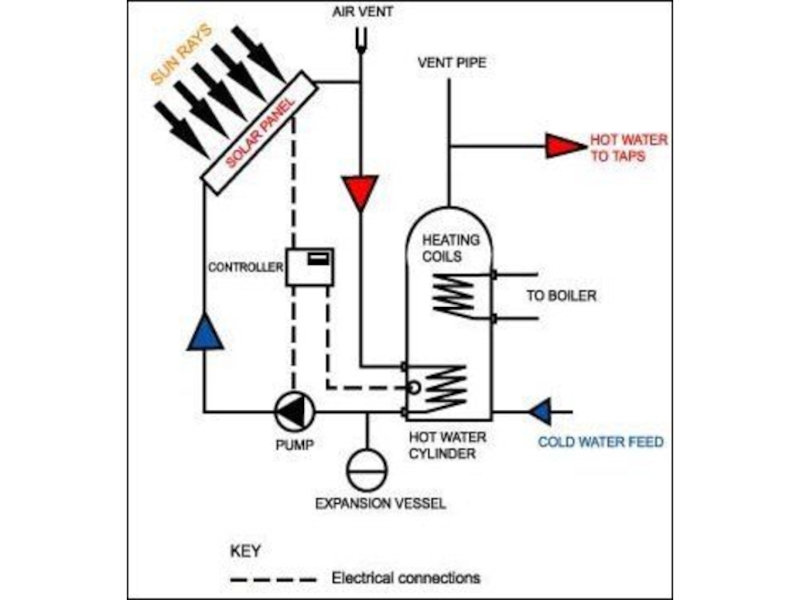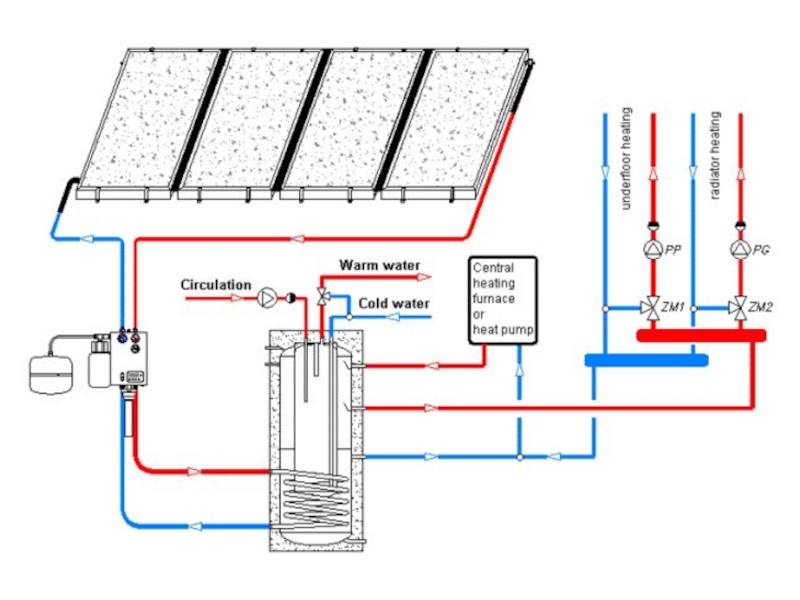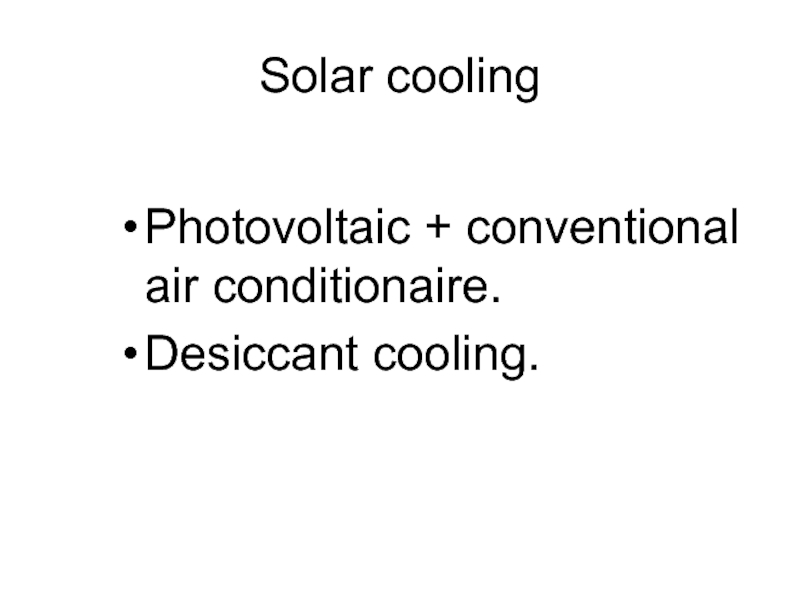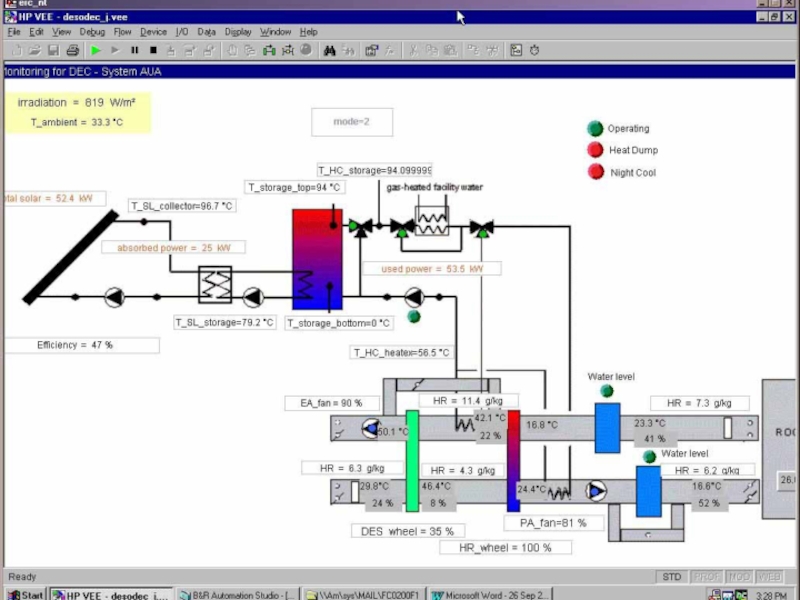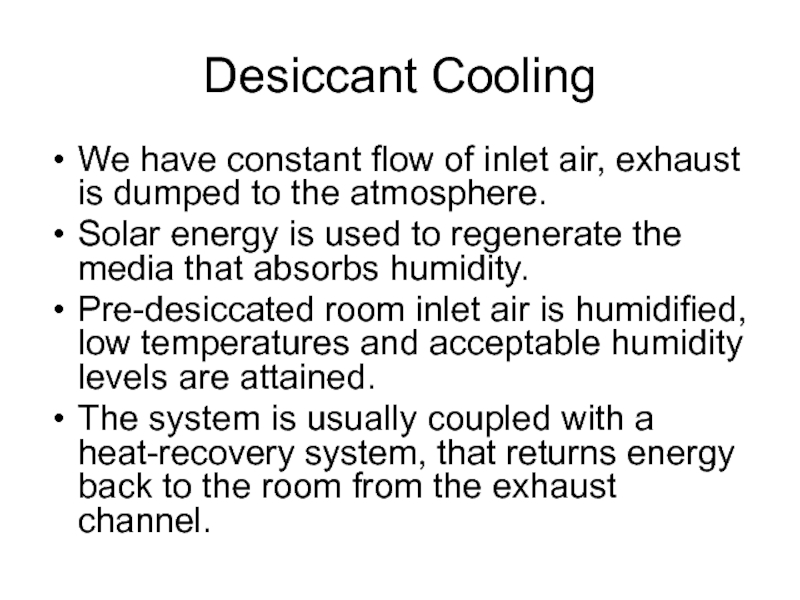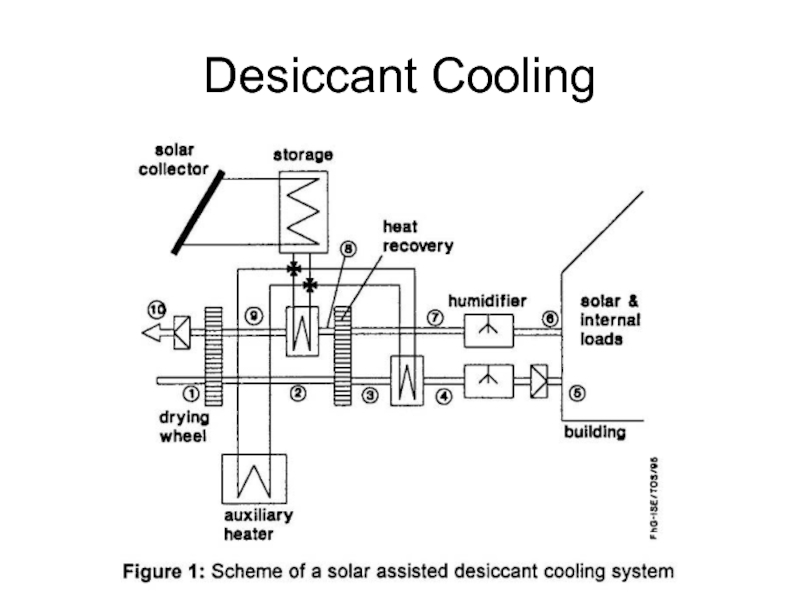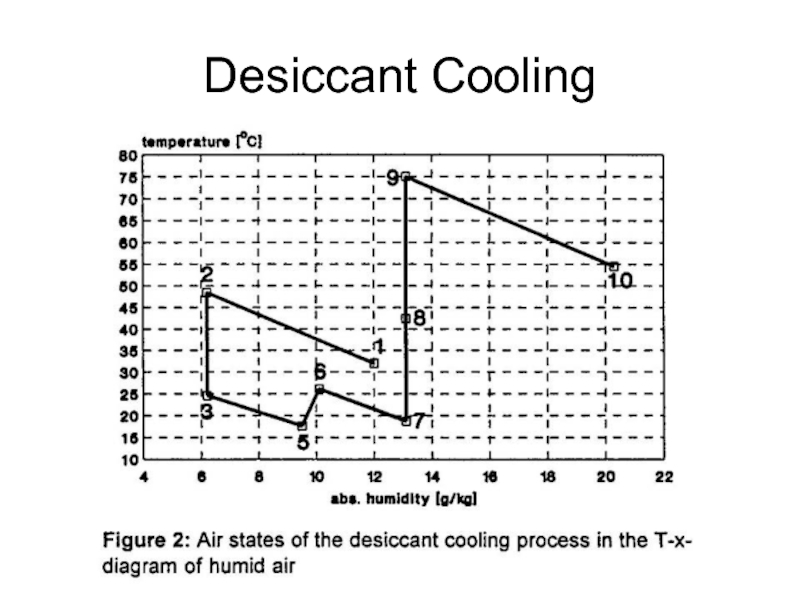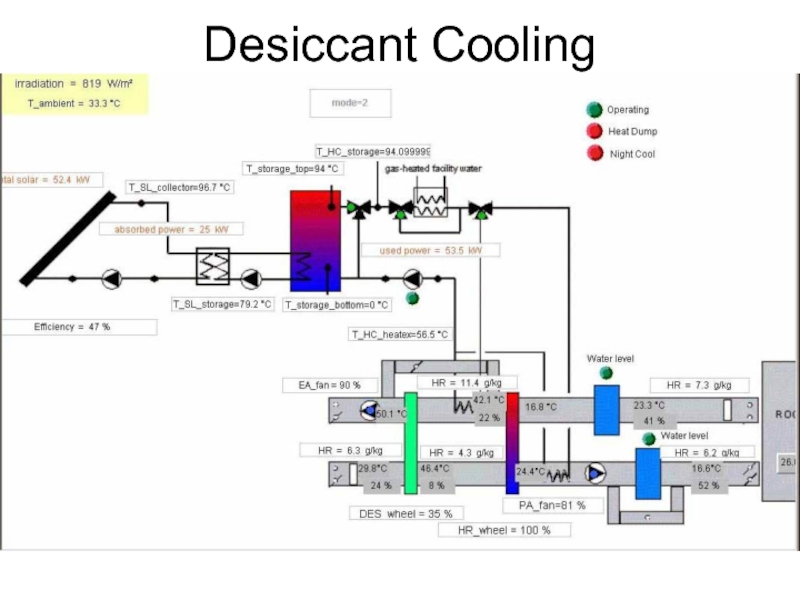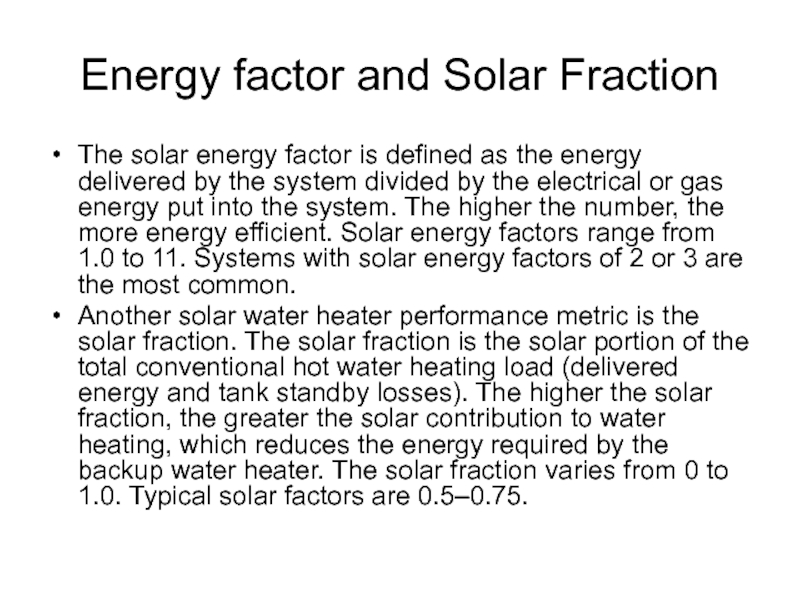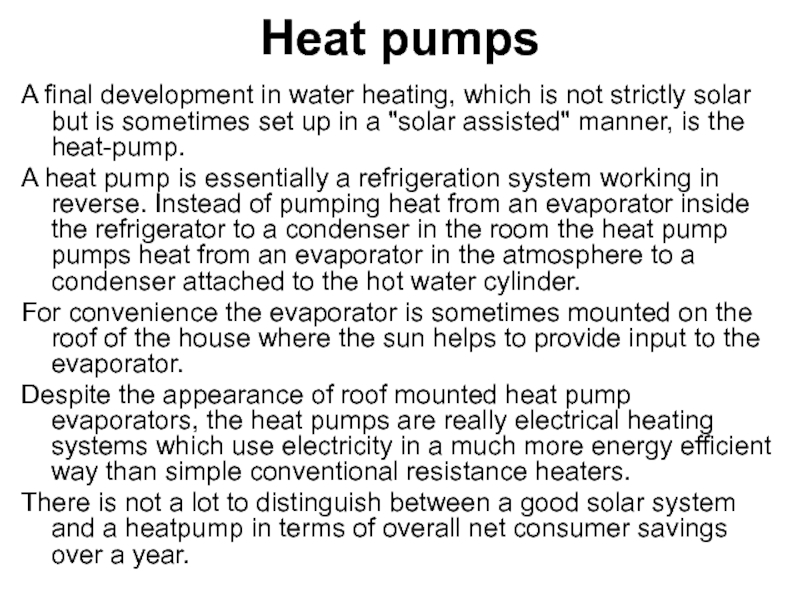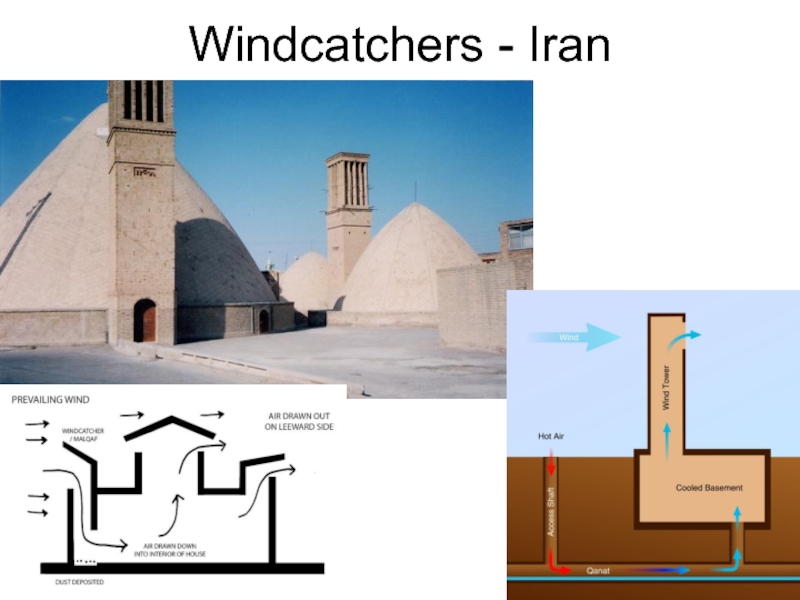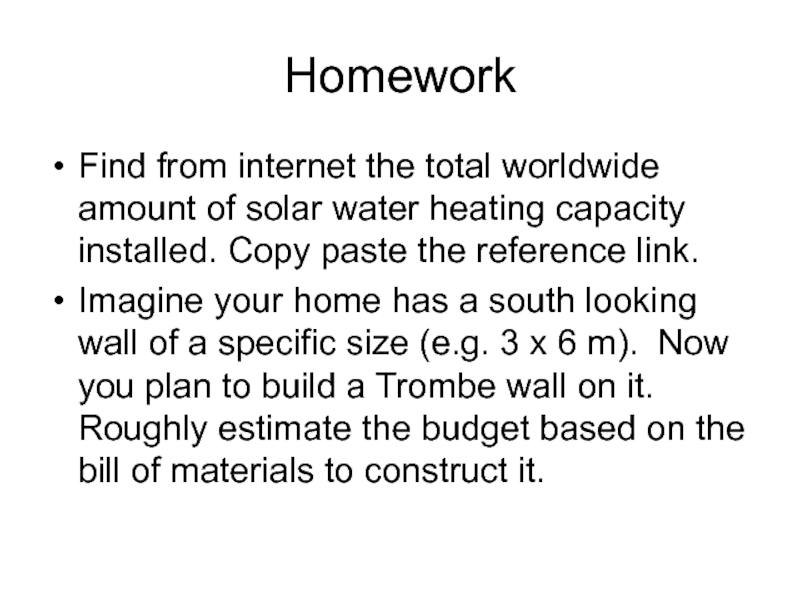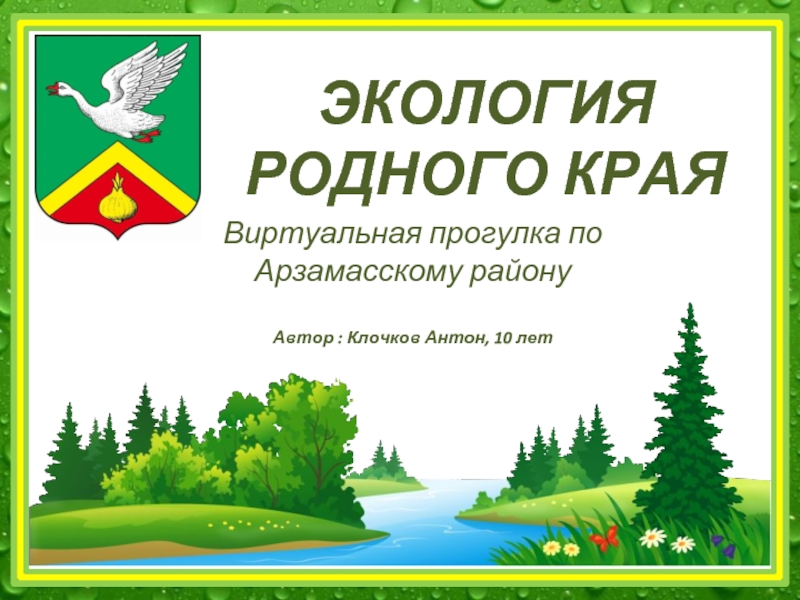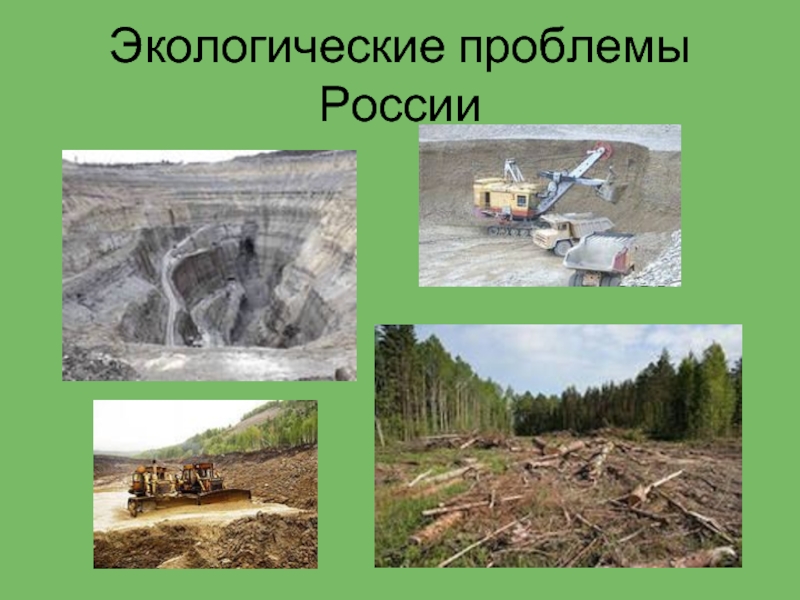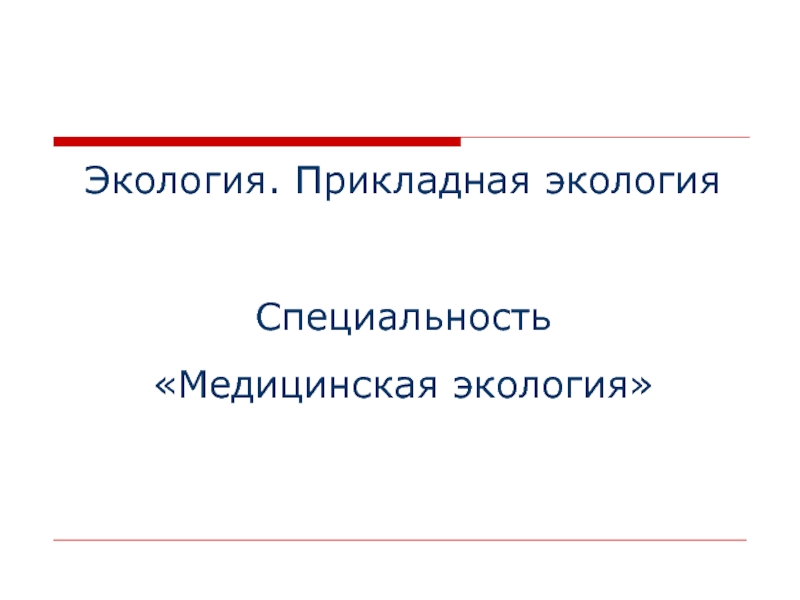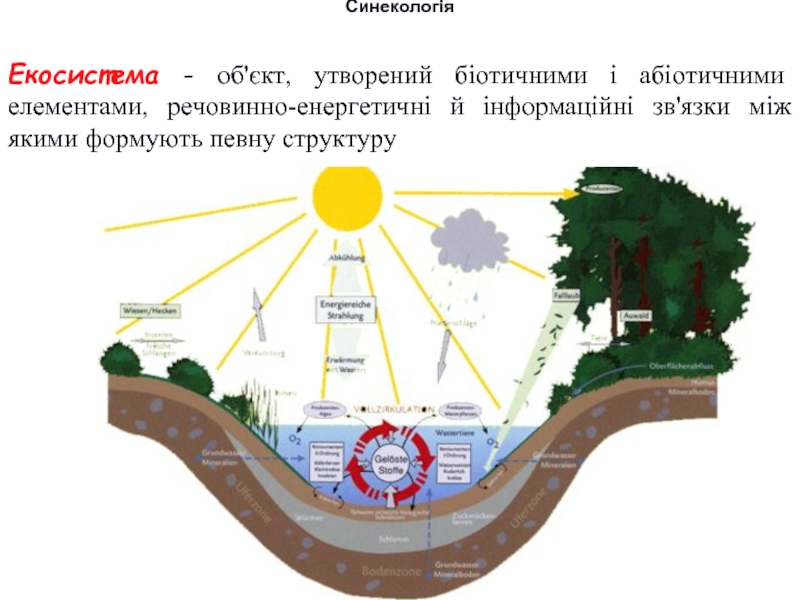- Главная
- Разное
- Дизайн
- Бизнес и предпринимательство
- Аналитика
- Образование
- Развлечения
- Красота и здоровье
- Финансы
- Государство
- Путешествия
- Спорт
- Недвижимость
- Армия
- Графика
- Культурология
- Еда и кулинария
- Лингвистика
- Английский язык
- Астрономия
- Алгебра
- Биология
- География
- Детские презентации
- Информатика
- История
- Литература
- Маркетинг
- Математика
- Медицина
- Менеджмент
- Музыка
- МХК
- Немецкий язык
- ОБЖ
- Обществознание
- Окружающий мир
- Педагогика
- Русский язык
- Технология
- Физика
- Философия
- Химия
- Шаблоны, картинки для презентаций
- Экология
- Экономика
- Юриспруденция
Lecture # 7 Solar Thermal Energy 1. Low Potential Heat презентация
Содержание
- 1. Lecture # 7 Solar Thermal Energy 1. Low Potential Heat
- 2. Solar Thermal 1 Low Potential Heat
- 3. Solar thermal energy With all objects
- 4. Greenhouse
- 5. Greenhouse
- 6. Greenhouse – controllable temperature
- 7. Solar thermal energy White objects stay
- 8. Albedo = whiteness The albedo of an object is
- 9. Various Albedo remember that relative value is important
- 10. Solar thermal energy Silvery objects get
- 11. Made from metalized polyester film, this ultra-insulating
- 13. Solar thermal energy Solar water heaters have
- 14. Passive Solar - Solar Cookers A solar
- 15. Passive Solar: Solar Cookers
- 17. Passive Solar - Solar Cookers
- 18. Lusine Machyan, IESM 2009 – in Altoetting, Germany, learning solar cooker production technology.
- 19. Gegham Sargsyan, IESM 2009 – in Altoetting, Germany, learning solar cooker production technology.
- 20. Passive Solar - Trombe walls A Trombe
- 21. Trombe Walls During the day, sunlight would
- 22. Trombe Walls Modern Trombe walls have vents
- 24. Solar Architecture
- 25. Solar Architecture
- 26. Solar Architecture Look at south (in northern
- 27. Solar water heating panels A bucket of
- 28. Tel Aviv Picture by Eric Arevshatyan, IESM’07
- 29. Tel Aviv
- 30. Tel Aviv
- 31. Solar Water Heating Panel: flat-plate absorber, -
- 33. Solar thermal energy With all objects
- 34. Solar Water Heating Panel
- 35. Selective Coatings One of these tricks is
- 36. Efficiency: vacuum pipe vs. flat panel
- 37. Efficiency Conversion Factor: η0 = 0.717 Loss
- 38. Main factors that influence SHW panel efficiency
- 39. Greenhouse
- 40. Vacuum almost totally prevent convection losses.
- 41. Evacuated pipe collector in CPC (curved parabolic) design
- 42. Vacuum collector
- 43. Solar Water Heating Systems Passive – based
- 44. Solar Water Heating Systems Single Contour –
- 46. SHW Systems
- 47. SHW Systems
- 48. SHW Systems
- 49. SHW Systems
- 51. Solar cooling Photovoltaic + conventional air conditionaire. Desiccant cooling.
- 52. AUA SOLAR SYSTEM
- 53. Desiccant Cooling We have constant flow of
- 54. Desiccant Cooling
- 55. Desiccant Cooling
- 56. Desiccant Cooling
- 57. Energy factor and Solar Fraction The solar
- 58. Heat pumps A final development in water
- 59. Windcatchers - Iran
- 60. Homework Find from internet the total worldwide
- 61. Second half of NEXT Lecture A trip to the rooftop
Слайд 2Solar Thermal 1
Low Potential Heat
Greenhouses
Trombe walls
solar cookers
solar water heating systems
CPC
implementation of solar ponds
Solar desiccant cooling
Integration with PV
Acquaintance with AUA solar hot water and desiccant cooling system
Слайд 3Solar thermal energy
With all objects on Earth, solar heating reaches
Visible
Visible
Infrared (IR)
IR
IR
Convection
Contact heat transfer
Слайд 7Solar thermal energy
White objects stay dramatically cooler than other objects
Slowly but surely an extinct glacier in a remote corner of the Peruvian Andes is being returned to its former colour, not by falling snow or regenerated ice sheets, but by whitewash.
Real snow on Chalon Sombrero - not paint
RESULT ?
Слайд 8Albedo = whiteness
The albedo of an object is a measure of how strongly
Albedo is defined as the ratio of total-reflected to incident electromagnetic radiation. It is a unitless measure indicative of a surface's or body's diffuse reflectivity.
Слайд 10Solar thermal energy
Silvery objects get hot even though they are
Black people in Africa emit more IR than white people.
A perfect sunscreen is a dye that perfectly absorbs, with high emissivity, or perfectly reflects, ultraviolet and infrared while being transparent in visible light.
Слайд 11Made from metalized polyester film, this ultra-insulating material is coated on
It is ideal for treating or preventing hypothermia after first aid has been administered. The emergency foil blanket retains most radiated body heat while protecting against wind and rain.
Foil Survival Blanket reflective thermal first aid
Слайд 13Solar thermal energy
Solar water heaters have solar collectors that are installed
Many models are the direct-gain type, consisting of flat panels in which water circulates.
Other types may use dish or trough mirrors to concentrate sunlight on a collector tube filled with water, brine or other heat transfer fluid. A storage tank is placed indoors or out.
Circulation is caused by natural convection or by a small electric pump. At night, or when insufficient sunlight is present, circulation through the panel can be stopped by closing a valve and/or stopping the circulating pump, to keep hot water in the storage tank from cooling.
Depending on the local climate, freeze protection, as well as prevention of overheating, must be addressed in their design, installation, and operation.
Слайд 14Passive Solar - Solar Cookers
A solar cooker is a way of
Since they use no fuel they are free to run, humanitarian organizations are promoting their use worldwide to help slow deforestation and desertification caused by the need for firewood with which to cook.
Слайд 18Lusine Machyan, IESM 2009 – in Altoetting, Germany, learning solar cooker
Слайд 19Gegham Sargsyan, IESM 2009 – in Altoetting, Germany, learning solar cooker
Слайд 20Passive Solar - Trombe walls
A Trombe wall is a sun-facing wall
Слайд 21Trombe Walls
During the day, sunlight would shine through the insulated glazing
Слайд 22Trombe Walls
Modern Trombe walls have vents added to the top and
Слайд 26Solar Architecture
Look at south (in northern hemisphere)
Use the sun ecliptics
Use
Use controllable windows
Use integrated PV
Provide Aesthetics
Слайд 27Solar water heating panels
A bucket of water can use solar energy
Need to prevent losses
Provide comfort of use through engineering
Provide best price per peak watt.
Слайд 31Solar Water Heating Panel:
flat-plate absorber, - intercepts and absorbs the solar
transparent cover(s) - allows solar energy to pass through but reduces heat loss from the absorber,
heat-transport body - air, water or antifreeze, flowing through tubes to remove heat from the absorber
heat insulating backing
Слайд 33Solar thermal energy
With all objects on Earth, solar heating reaches
Visible
Visible
Infrared (IR)
IR
IR
Convection
Contact heat transfer
Слайд 34Solar Water Heating Panel
Low Iron Tempered Glass
Absorber
Selective coating
Rear insulation
Rear Screen (metal)
Piping,
AIR
Слайд 35Selective Coatings
One of these tricks is "selective coating". In selective coating
Such a layer has the property that it absorbs solar energy almost as well as a matt black surface but it is a poor emitter of energy at the temperature of the base metal. The net result is that, other things being equal, a selectively coated absorber exposed to sunlight will get hotter than a simple matt black one.
This in turn means that the lower conductivity of an aluminum sheet can be compensated by having it run hotter so that the copper water tubes do not have to be put closer together and the sheet does not have to be made thicker.
A second advantage of selective coatings is that they enable the collector to work better in poor conditions (weak sunshine.
Слайд 37Efficiency
Conversion Factor: η0 = 0.717
Loss Coefficient: a1 = 1.52 W/(m2K)
Loss Coefficient:
G - insolation level in Watts/m2,
Ta - ambient temperatures
Tm - average manifold temperature (average panel temperature).
Tm = (Tinlet+Texit)/2
Слайд 38Main factors that influence SHW panel efficiency
Temperature difference between the
Ability to isolate the convection through air.
Ability to block the infrared (IR) radiation.
Слайд 43Solar Water Heating Systems
Passive – based on fluid convection
Active – based
Слайд 44Solar Water Heating Systems
Single Contour – no freezing environment, no need
Double or triple contour - freezing temperatures in the environment, need in antifreeze, certain hygiene norms.
Слайд 53Desiccant Cooling
We have constant flow of inlet air, exhaust is dumped
Solar energy is used to regenerate the media that absorbs humidity.
Pre-desiccated room inlet air is humidified, low temperatures and acceptable humidity levels are attained.
The system is usually coupled with a heat-recovery system, that returns energy back to the room from the exhaust channel.
Слайд 57Energy factor and Solar Fraction
The solar energy factor is defined as
Another solar water heater performance metric is the solar fraction. The solar fraction is the solar portion of the total conventional hot water heating load (delivered energy and tank standby losses). The higher the solar fraction, the greater the solar contribution to water heating, which reduces the energy required by the backup water heater. The solar fraction varies from 0 to 1.0. Typical solar factors are 0.5–0.75.
Слайд 58Heat pumps
A final development in water heating, which is not strictly
A heat pump is essentially a refrigeration system working in reverse. Instead of pumping heat from an evaporator inside the refrigerator to a condenser in the room the heat pump pumps heat from an evaporator in the atmosphere to a condenser attached to the hot water cylinder.
For convenience the evaporator is sometimes mounted on the roof of the house where the sun helps to provide input to the evaporator.
Despite the appearance of roof mounted heat pump evaporators, the heat pumps are really electrical heating systems which use electricity in a much more energy efficient way than simple conventional resistance heaters.
There is not a lot to distinguish between a good solar system and a heatpump in terms of overall net consumer savings over a year.
Слайд 60Homework
Find from internet the total worldwide amount of solar water heating
Imagine your home has a south looking wall of a specific size (e.g. 3 x 6 m). Now you plan to build a Trombe wall on it. Roughly estimate the budget based on the bill of materials to construct it.
